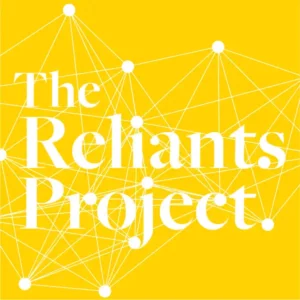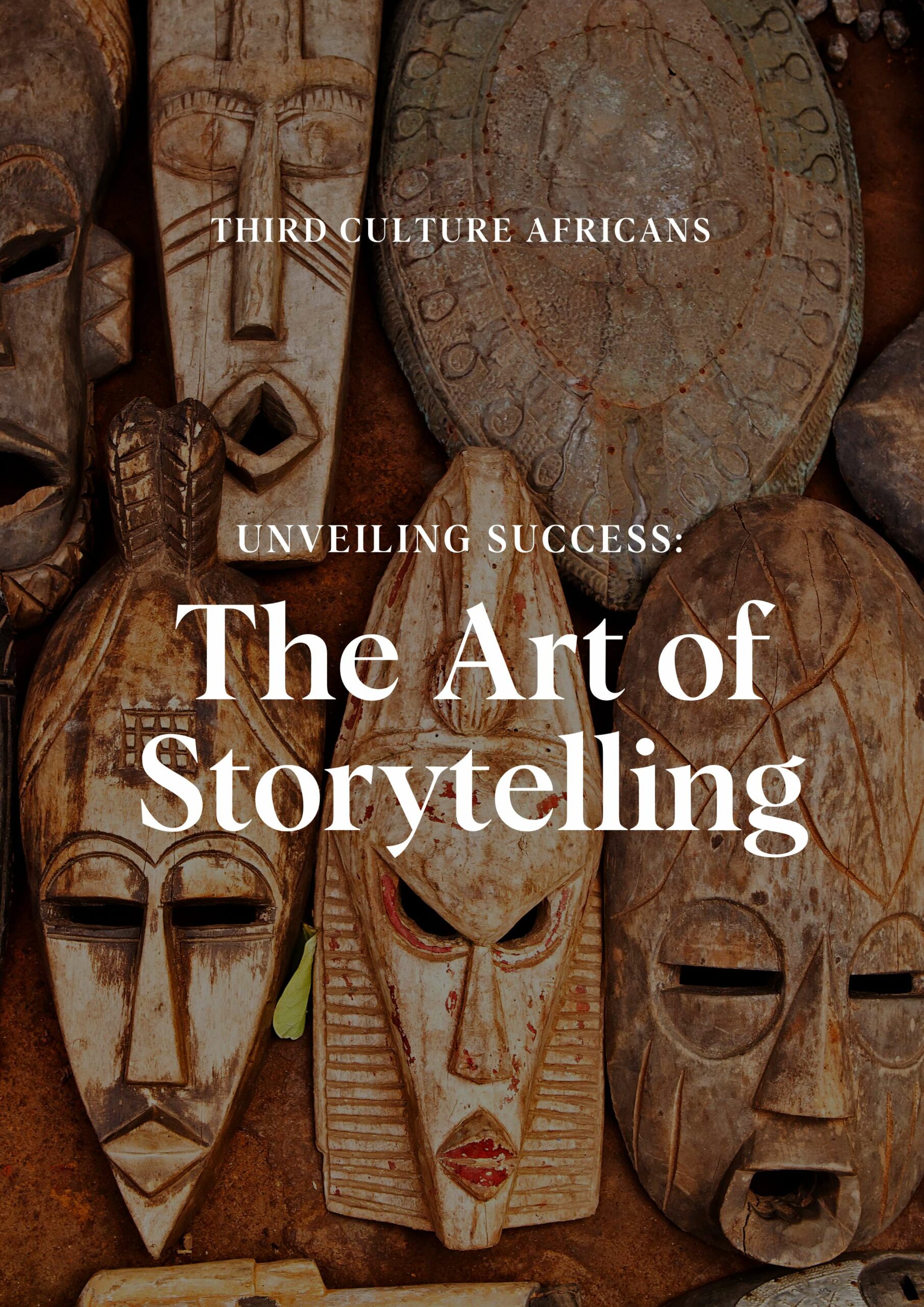In an increasingly complex world, individuals often find themselves traversing life-changing journeys that significantly alter their personal and professional landscapes.
These transformative experiences, whether instigated by career transitions, personal loss, or significant life choices, demand more than mere adaptation; they necessitate a profound understanding of the underlying theoretical frameworks that can elucidate the processes of change.
This article explores the various theoretical perspectives that inform our understanding of human development and change, drawing from disciplines such as psychology, sociology, and organizational behavior. By integrating these theories with practical implications, the article aims to equip readers with valuable insights and strategies to effectively navigate their own journeys.
The interplay between theoretical models and real-life applications reveals a nuanced approach to understanding how individuals can leverage their experiences to foster resilience, growth, and transformation.
Through a comprehensive examination of existing literature and case studies, this article seeks to illuminate the pathways individuals can take as they embark on their unique journeys, ultimately providing a roadmap for personal and professional fulfillment amidst the uncertainties of life.
- Theoretical frameworks guiding life transitions
The study of life transitions is informed by various theoretical frameworks that elucidate the processes individuals undergo during significant changes. One prominent framework is the Life Course Perspective, which emphasizes the interplay between individual lives and historical contexts, suggesting that transitions are shaped by socio-cultural factors and timing in relation to life events.
This perspective highlights the importance of understanding how previous experiences influence current transitions and how societal norms dictate the expectations surrounding these changes. Additionally, the Transition Theory posits that transitions are dynamic processes involving a series of phases, including the pre-transition period, the transition itself, and the post-transition phase.
This model underscores the significance of adapting to new circumstances, coping mechanisms, and the psychological implications of transitioning, thereby providing a comprehensive approach to understanding the multifaceted nature of life changes.
Moreover, the resilience framework plays a critical role in understanding life transitions by focusing on the capacity of individuals to adapt and thrive amidst change. This perspective posits that resilience is not merely a personal trait but is influenced by external factors such as social support, community resources, and individual agency.
By examining how individuals harness these resources during transitions, researchers can better understand the varied outcomes of life changes. Collectively, these frameworks offer a robust foundation for exploring the complexities of life transitions, guiding both theoretical inquiry and practical interventions aimed at facilitating successful navigation through life’s pivotal moments.
Engaging in regular communication within these networks encourages the sharing of experiences and feelings, fostering a sense of belonging and collective resilience.
- Psychological impact of transformative experiences
Transformative experiences often lead to profound psychological changes, affecting individuals’ self-concept, worldview, and emotional well-being. Such experiences can catalyze a reassessment of one’s values and priorities, prompting individuals to reevaluate their life goals and relationships.
This process of self-reflection can result in a greater sense of purpose and fulfillment; however, it may also bring about feelings of confusion, anxiety, or loss as individuals grapple with the implications of their changed circumstances. The duality of potential growth and distress underscores the complexity of these experiences, highlighting the need for supportive environments that facilitate adjustment and integration.
Moreover, the psychological impact of transformative experiences can vary significantly based on individual differences, including resilience, social support, and previous coping strategies. Research indicates that those who possess strong social networks or effective coping mechanisms are more likely to navigate these changes positively, leveraging their experiences for personal growth.
Conversely, individuals lacking such supports may struggle more profoundly, experiencing negative psychological outcomes such as depression or isolation. Understanding these nuances is crucial for developing interventions that address the needs of individuals undergoing transformative experiences, ultimately fostering healthier adjustment and resilience in the face of change.
Check out this episode!
- Practical strategies for effective navigation
Effective navigation through transformative experiences requires the implementation of practical strategies that enhance coping and adaptation. One such strategy is the establishment of a structured support system, which can include friends, family, or professional guidance to provide emotional and informational resources.
Engaging in regular communication within these networks encourages the sharing of experiences and feelings, fostering a sense of belonging and collective resilience. Additionally, individuals are encouraged to adopt mindfulness practices, such as meditation or journaling, which can aid in processing emotions and maintaining clarity amidst uncertainty.
These practices can cultivate self-awareness, enabling individuals to identify and articulate their evolving needs and priorities.
Another important strategy involves setting realistic goals and expectations during the adjustment phase. By breaking down overwhelming experiences into manageable tasks, individuals can create a sense of accomplishment and progress, reducing feelings of helplessness.
It is also beneficial to maintain flexibility in goal-setting, allowing for adaptations as circumstances change. Engaging in self-care practices, such as physical activity, adequate rest, and leisure activities, plays a crucial role in sustaining mental and emotional health throughout the journey.
Collectively, these strategies foster an environment conducive to personal growth and provide individuals with the tools necessary to navigate the complexities of life-altering transitions effectively.
- Role of social support systems
Social support systems play a vital role in the process of coping with significant life changes. They serve as a buffer against stress by providing emotional comfort, practical assistance, and a sense of belonging.
Through consistent interaction with supportive individuals, individuals facing transformative journeys can experience enhanced emotional well-being and reduced feelings of isolation. The presence of a reliable support network fosters resilience, enabling individuals to draw upon shared experiences and collective knowledge, which can be crucial in navigating complex challenges.
Furthermore, the encouragement and validation gained from these networks can facilitate adaptive coping strategies that promote healthier responses to adversity.
In addition to emotional support, practical assistance from social networks is essential in aiding individuals during transitions. This can manifest in various forms, such as providing logistical help, facilitating access to resources, or simply being present as a sounding board for concerns and thoughts.
The interplay between emotional and practical support can significantly influence an individual’s ability to reframe their circumstances and develop a proactive approach to problem-solving.
Ultimately, the presence of a strong social support system not only enhances individual resilience but also contributes to a shared narrative of hope, enabling those undergoing life-altering experiences to feel empowered in their journeys.

Check out this podcast!
- Long-term effects on personal development
The long-term effects of navigating significant life changes are profound and multifaceted, contributing to an individual’s personal development in ways that may not be immediately apparent. Engaging in transformative experiences often leads to enhanced self-awareness, as individuals reflect on their values, beliefs, and goals in response to the challenges they face.
This reflection fosters personal growth, allowing individuals to develop a more robust sense of identity. Over time, the accumulated experiences from these journeys can cultivate resilience, equipping individuals with the skills to adapt to future challenges, thereby enhancing their capacity for emotional regulation and problem-solving.
Moreover, the skills and insights gained from navigating life-altering events can influence interpersonal relationships and social functioning. Individuals often emerge with a deeper understanding of empathy and compassion, as their experiences can foster greater awareness of others’ struggles.
This evolution in perspective not only strengthens existing relationships but also facilitates the formation of new connections. As a result, individuals may find themselves more engaged within their communities, contributing positively and thereby reinforcing their own growth trajectory.
Ultimately, the long-term effects of significant life changes extend well beyond the immediate context, shaping individuals into more resilient, empathetic, and socially connected members of society.
In conclusion, navigating life-changing journeys requires a multifaceted approach that encompasses both theoretical insights and practical applications. By integrating various theoretical perspectives, such as psychological, sociocultural, and existential frameworks, individuals can gain a deeper understanding of the complexities inherent in transformative experiences.
Furthermore, the practical implications derived from these theories highlight the importance of resilience, adaptability, and social support in facilitating successful navigation through life’s transitions.
As individuals confront the challenges and opportunities that accompany significant change, the synthesis of theory and practice serves as a vital compass, guiding them toward meaningful growth and personal development. Ultimately, a comprehensive understanding of these dynamics can empower individuals to embrace their journeys with confidence and purpose.


